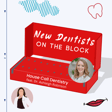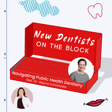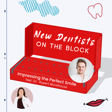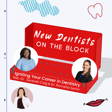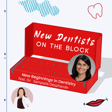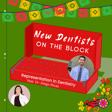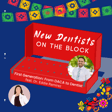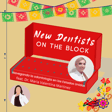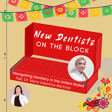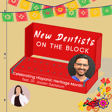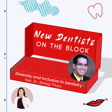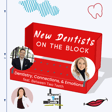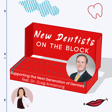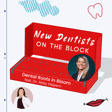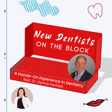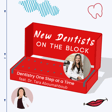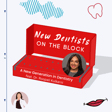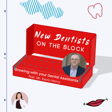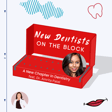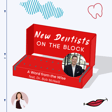
Finding Your Path in Dentistry w/ Dr. Avi Patel
Dr. Avi Patel and I had the opportunity to connect at Voices of Dentistry. We speak on the challenges of finding the right job after graduation, clear aligners, and building an educational platform.
Dr. Avi is a general dentist, speaker, educator and entrepreneur.
He attended NYU College of Dentistry and then practiced in the northeast for 2 years before moving to Austin, TX where he currently practices.
Early in his career, Dr. Avi was burning out on general dentistry before learning about Clear Aligners. When he first began implementing aligners into his practice - he noticed a major shift not only in his practice and for his patients, but in his life as well. He found that he had more time, income and a greater sense of fulfillment through this treatment option. Having experienced this - he wanted to share this with colleagues all around the world.
Since then, Dr. Avi has become a thought leader in the Clear Aligner space. He is the CEO and Founder of Clear Aligner Advisor - a Clear Aligner consulting company. He regularly posts Clear Aligner tips on his instagram page @doctor.avi and on his YouTube channel.
Dr. Avi is authentically passionate about empowering dentists to reach their maximum potential in life. His goal is to make Clear Aligner education accessible to general dentists all over the world and be a positive light for struggling dentists who may feel alone and burnt out.
Thank you to Between Two Teeth for sponsoring this episode!
Connect with Between Two Teeth: @b2teeth
Connect with Avi Patel @doctor.avi
Connect with New Dentists on the Block: @newdentistsontheblock
Connect with Tanya Sue Maestas: @tsmaestas.dds
Full video on Youtube
